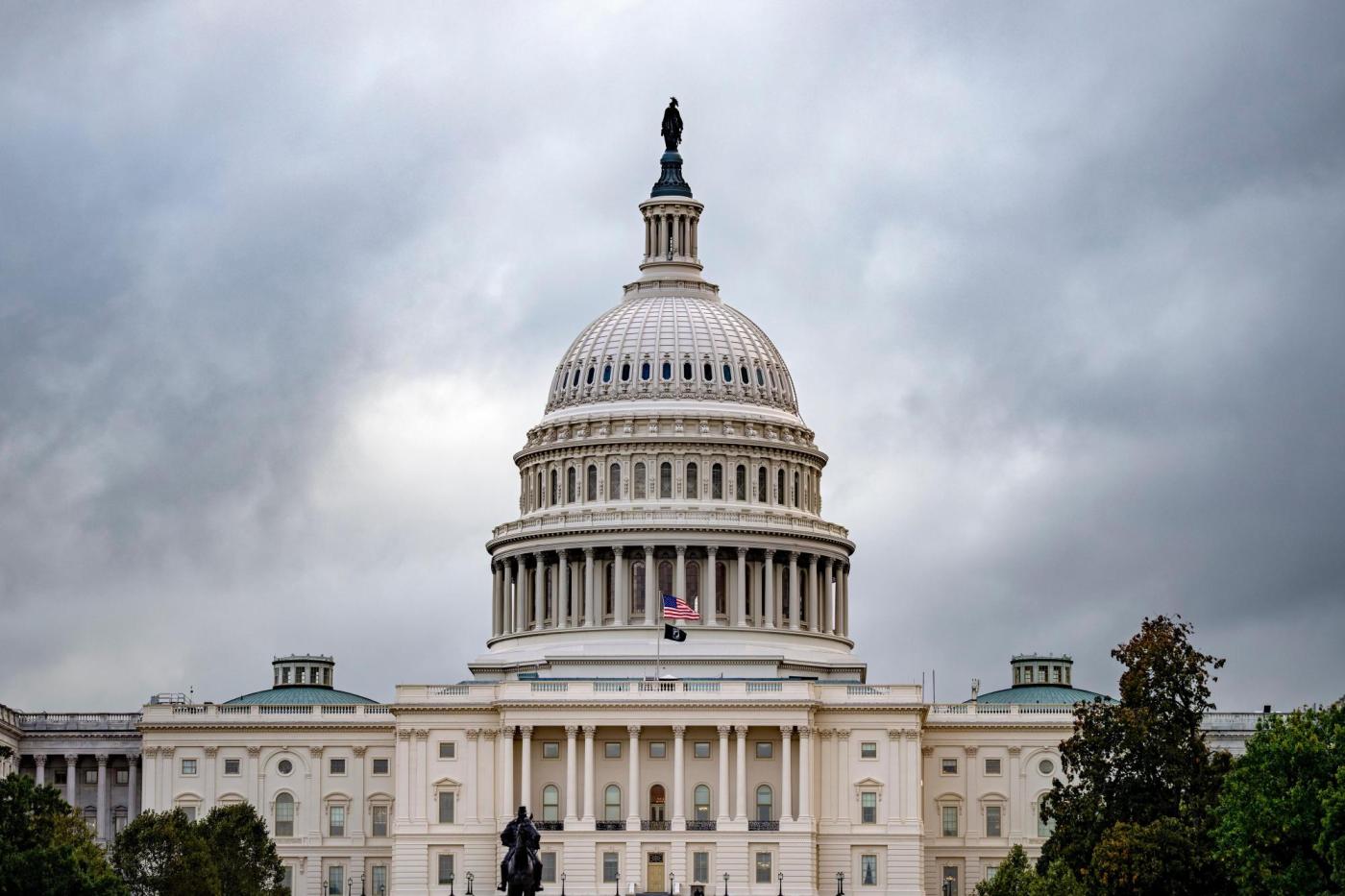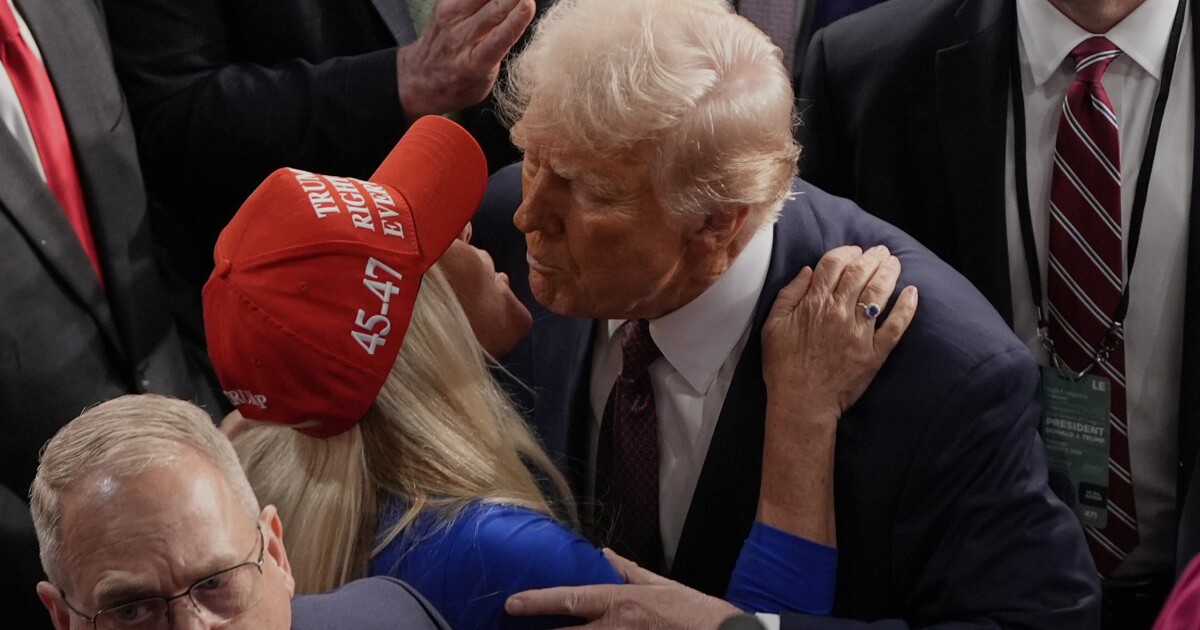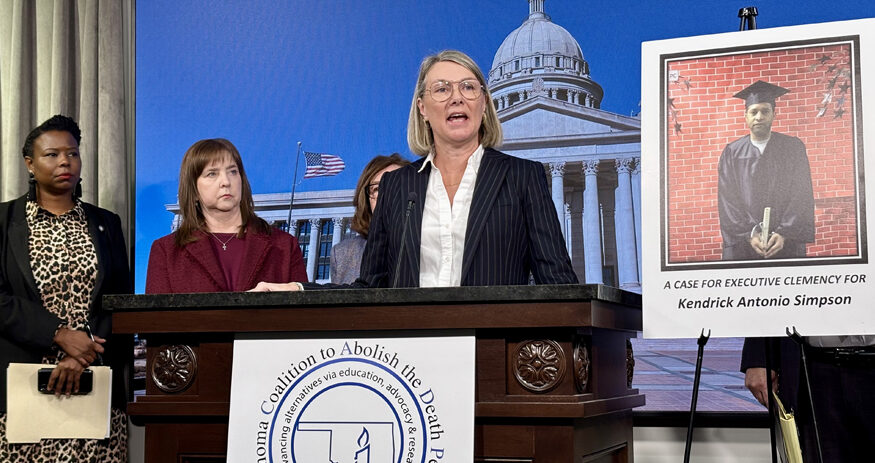As the United States approaches another election year, a growing call for enhanced civic education has emerged. Amid a climate of political disillusionment, experts argue that understanding the mechanisms of government is essential for holding elected officials accountable. This call to action emphasizes that voters must not only recognize the shortcomings of politicians but also question why they continue to trust their promises.
Understanding Political Motivations
Political rhetoric often centers on claims that the government has failed its citizens. Candidates frequently assert that they will “meet you where you are,” promising solutions that seldom materialize. Michael Butkiewicz, a political science student at Penn State University, emphasizes that this cycle of hope and disillusionment is rooted in the motivations of politicians. According to political theories, such as public choice theory by James Buchanan and Gordon Tullock, politicians often act out of self-interest, primarily the desire for re-election, rather than genuine concern for public welfare.
Butkiewicz notes that this self-serving behavior is not confined to any single political party. Both sides of the political spectrum have engaged in emotional appeals that prioritize voter flattery over substantive policy discussion. For instance, politicians on the left and right alike may use populist language to connect with the electorate, yet fail to challenge them with informed discourse.
The Need for Civic Education
To break this cycle, Butkiewicz argues for a resurgence in civic education. He contends that informed citizens are better equipped to hold their leaders accountable. Civic education fosters an understanding of governmental operations and encourages voters to seek equitable solutions based on evidence. Without this foundational knowledge, voters may remain susceptible to manipulative rhetoric that prioritizes slogans over actionable policies.
“The decay of civic virtue precedes the decay of liberty itself,” Butkiewicz warns, drawing parallels between historical demagogues and modern political figures.
He stresses that the responsibility for reform does not rest solely with politicians but lies with the electorate. Nearly 250 years ago, the foundation of the U.S. was built on the idea that all individuals have the capacity to challenge themselves and pursue knowledge independently of state approval. A democracy thrives when its citizens demand accountability and are informed enough to exercise their rights effectively.
Butkiewicz further asserts that civic education can counter the growing cynicism surrounding politics. He argues that when citizens are educated, they can recognize manipulation and distinguish between competent leadership and mere charisma. This awareness allows for a healthier political discourse where disagreement is viewed as a natural aspect of democracy rather than treason.
The U.S. Constitution was designed not to create an infallible government but to provide mechanisms for public correction. The ballot box, a free press, and active civic participation were intended to be tools for renewal. Without these tools, the alternative is a populace resigned to the belief that the system is irreparably broken, which only serves to empower corruption.
In conclusion, the health of a republic hinges not on the ideals of its leaders but on the vigilance and understanding of its citizens. By prioritizing civic education, Americans can strengthen their democratic institutions and contribute to a more informed and engaged electorate. Only then can the true experiment of democracy thrive and evolve.







